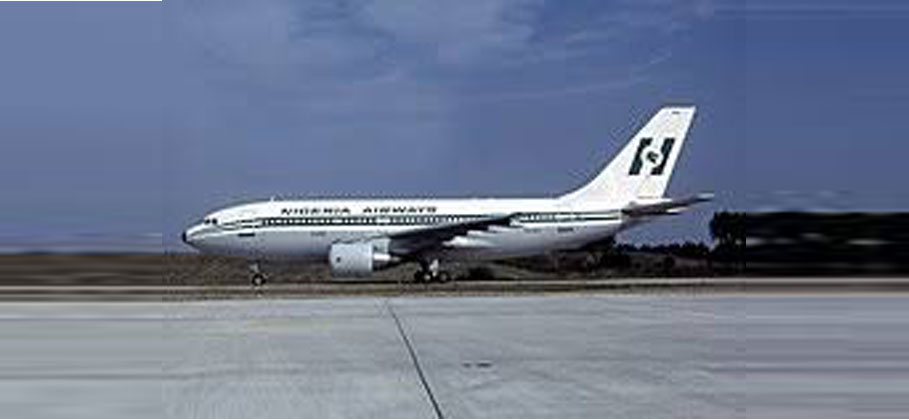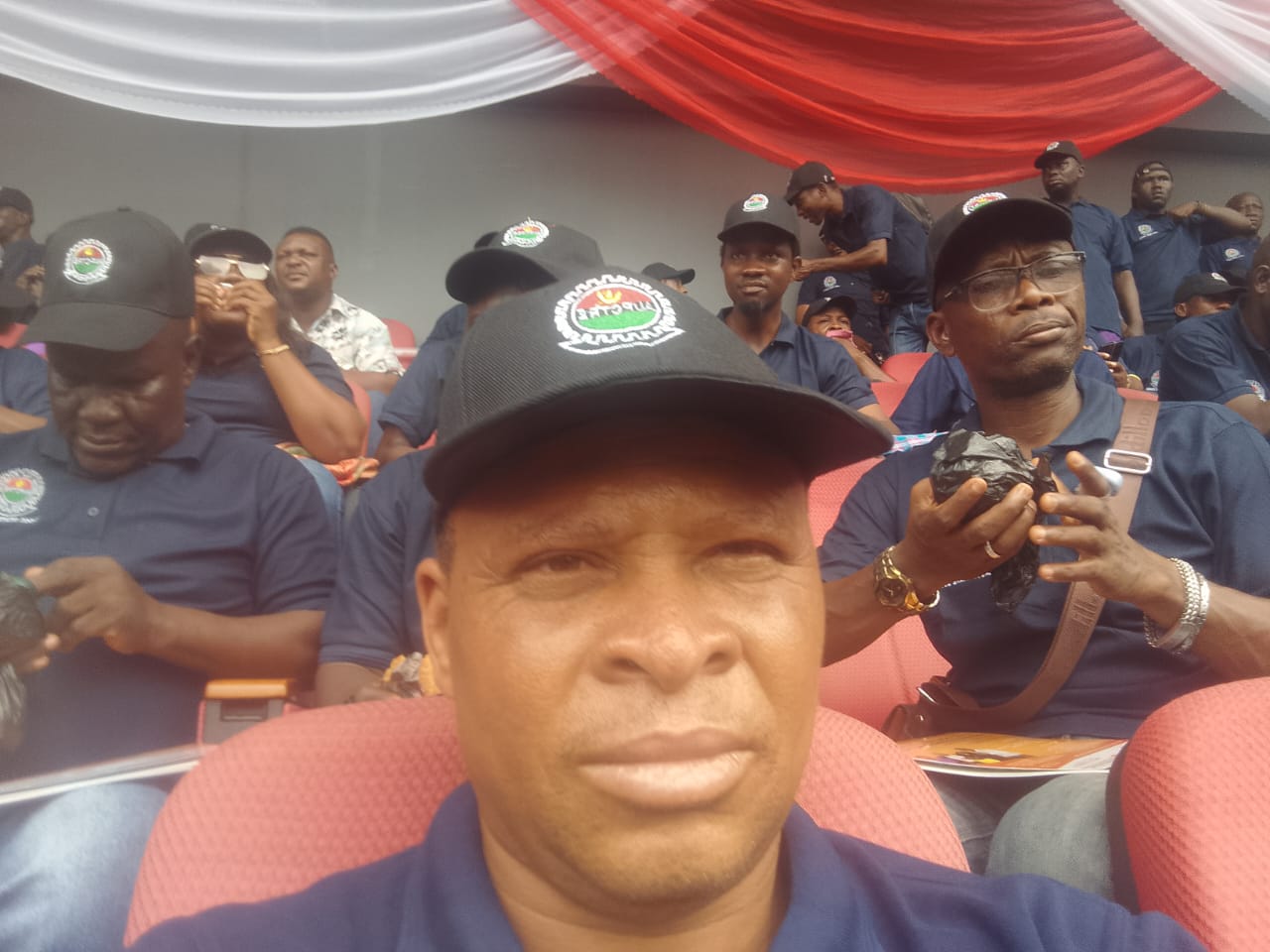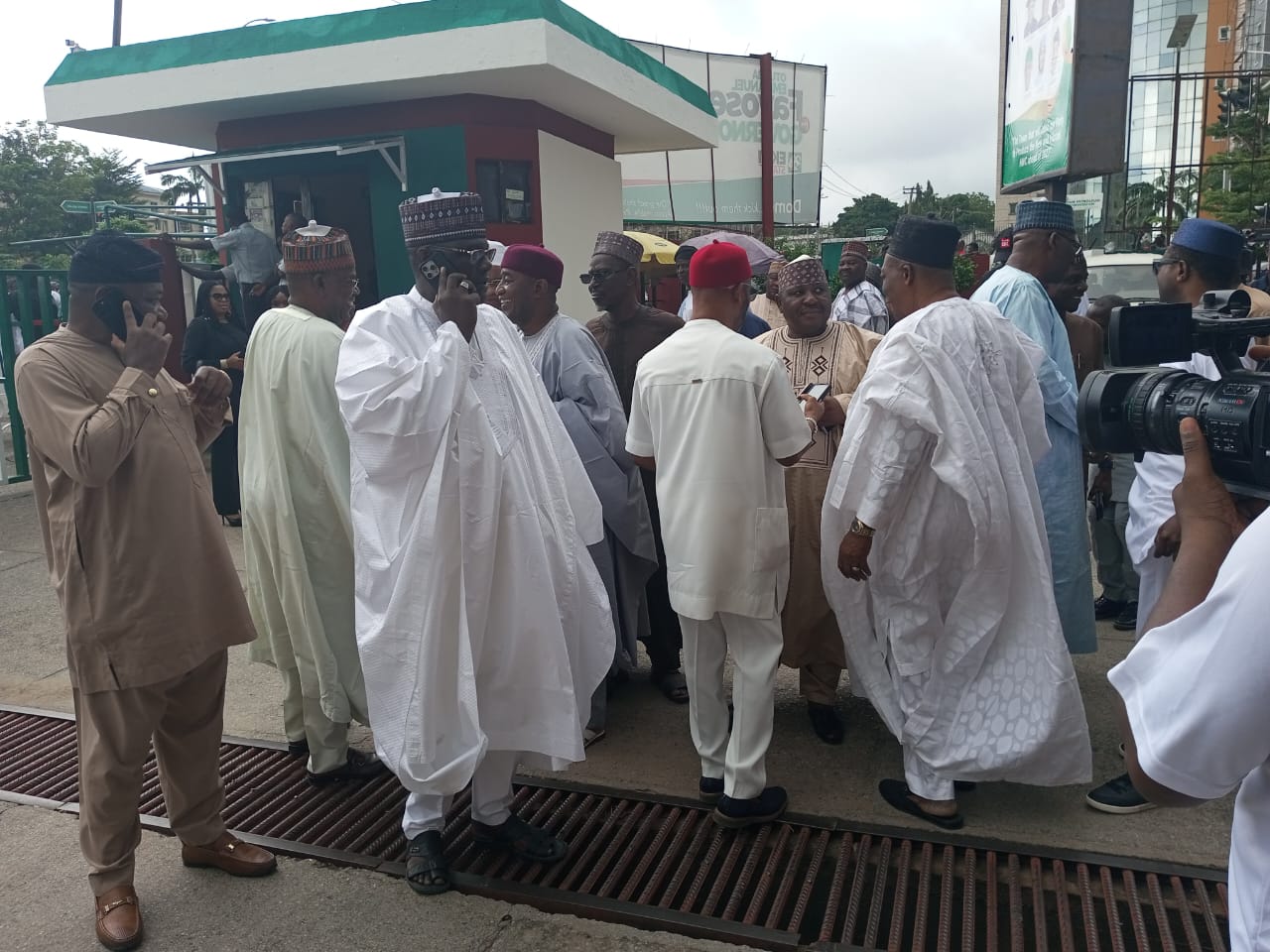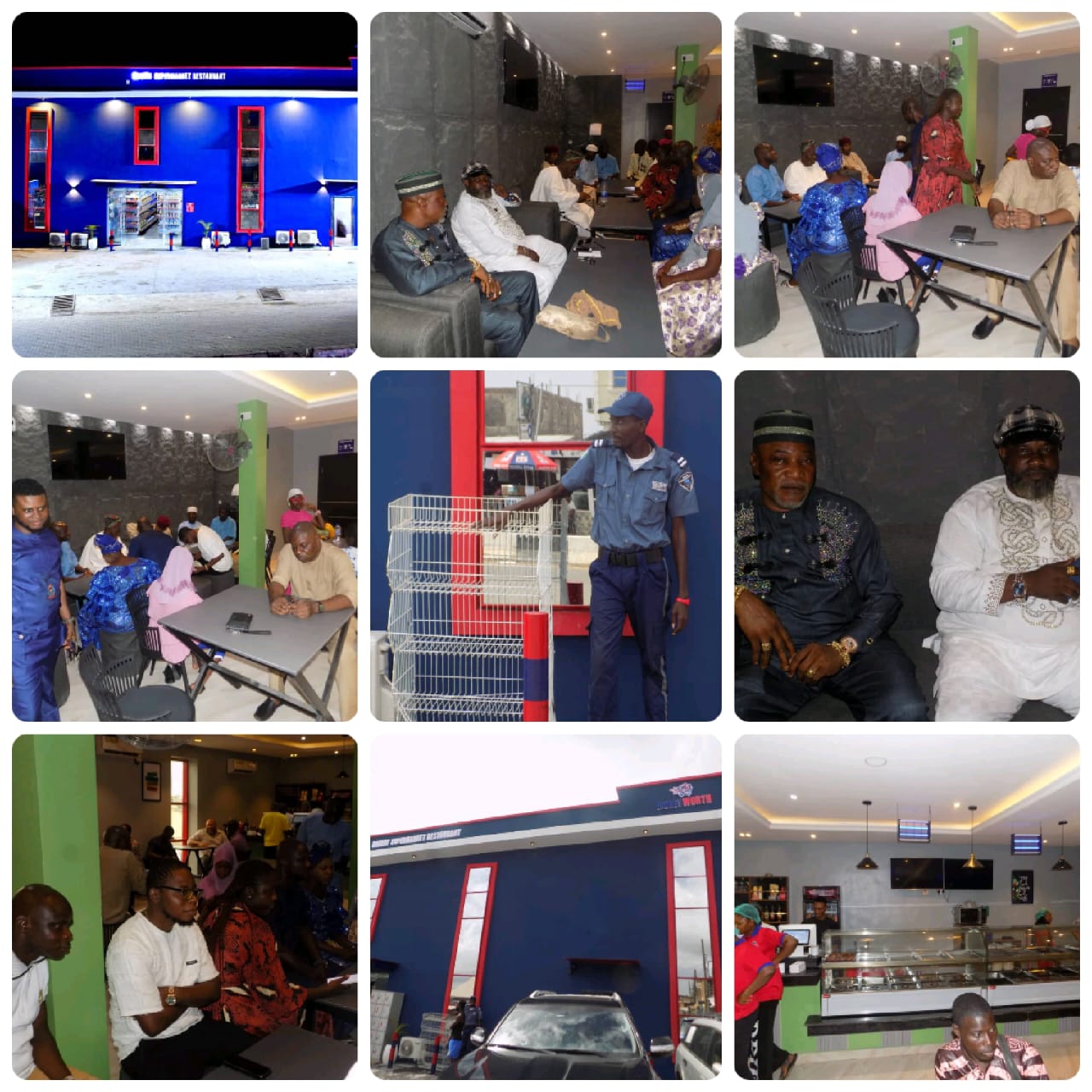
Nigerian Air Project Suffers Major Setback (Why It May Never Come To Reality)
- Bayo Adetu
- March 8, 2019
- BUSINESS
- 0 Comments
Nigerians and other stakeholders have been yearning and agitating for a National Carrier project, since the collapse of Nigerian Airways about 15 years ago. In view of this, a merger between two local airlines, Arik and Aero Contractors was proposed, but the Federal Government has foreclosed the possibility.
Mr Hadi Sirika, the Minister of State for Aviation, recently said “The suggestion that Aero and Arik Airlines, which are under the control of AMCON, should be merged to form a national carrier is not tenable as the national carrier would get entangled with the huge indebtedness of the airlines and other encumbrances.
“But is there is need for the Nigerian government to have a carrier? The answer is yes. We are yet to have a carrier that would meet the needs and yearnings of Nigerians since the liquidation of Nigeria Airways about 15 years ago.”
He explained that while the estimated funding requirement for Nigeria Air remains $300 million, the government would provide $55 million of this funding through a Viability Gap Funding which, he noted, was not up to the proposed five per cent equity for the Federal Government.
Sirika said the Nigeria Air project was not suspended because it experienced investor apathy, with many international financial institutions, reputable airlines and private entrepreneurs indicating interest in taking up the available 95 per cent private sector equity.
The aviation minister, while acknowledging that there might have been plenty of misrepresentation and mistrust by the Nigerian public on the financing of the national carrier project by government and its private sector partners leading to its suspension, said the Federal Executive Council has directed that funds be provided for the take-off of the project.
“The national carrier project will proceed to the procurement phase in a transparent manner. The Ministry of Transport will restructure the funding arrangements in a manner acceptable to both government and private investors for the take-off of the airline,” Sirika noted.
In recent months there has been increased demand by aviation sector stakeholders for a government regulated merger of the two airlines into a national carrier to stem the continuous loss to the economy in capital flight to foreign airlines estimated at over $1.7 billion annually.
Poor capitalisation and inadequate fleet capacities have rendered the existing nine local carriers incapable of reciprocating the BASA agreements existing between Nigeria and some 83 countries with the lucrative London, New York, Dubai, Johannesburg routes completely in the monopoly of foreign operators.
Meanwhile, inside sources in the presidency disclosed to Global News that the national carrier project may not become a reality, or not in anytime soon, as there are serious bureaucracy issues going on underground. “The battles going under at the background are so enormous and beyond what Nigerians are seeing or hearing on the surface. There is a lot of power and politics at play, and if things continue the way they are at the moment, Nigerians should just jettison the national carrier dream,” our source squealed.











